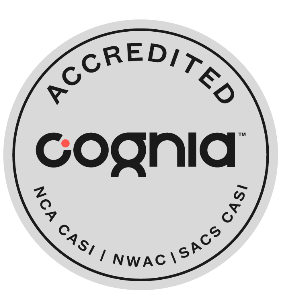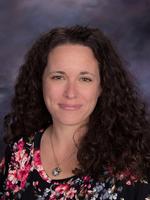Canyons District students are learning how to safely blaze a digital trail.
Starting today, Monday, Feb. 5, 2018, all schools in Canyons District will begin the 3rd annual Digital Citizenship Week, which was started to help students stay safe as they navigate the online world. Special lessons will be taught in classes and morning announcements will feature tips on cyberbullying, online privacy and safety.
Yes, the Internet is a valuable tool for learning. Every day, 92 percent of teenagers across the United States go online to complete homework assignments, conduct research, and watch tutorials in preparation for exams. But, overwhelmingly, it’s also teens go to make and keep social connections. From Snapchat to Instagram, teens are heavy users of social media. So how can parents make sure their use is responsible? And how can parents guide a pre-teen’s entry into social media?
 “One of the most important things you can do is sit down with your children before they even begin using social media and set clear ground rules and expectations and even consequences if those rules are broken,” says Janae Hunt, a Canyons District Education Technology Specialist.
“One of the most important things you can do is sit down with your children before they even begin using social media and set clear ground rules and expectations and even consequences if those rules are broken,” says Janae Hunt, a Canyons District Education Technology Specialist.
Hunt, who appeared on ABC4 to talk about Digital Citizenship Week, encouraged parents to talk often with their children about the pitfalls of oversharing, teasing and posting too-personal information on social media sites. Also, think twice before hitting “send” or “enter,” she says.
“Digital footprints are permanent. A lot of time today, even college admissions boards and employers are looking at your digital trail to see what kind of person you are,” she told ABC4 anchor Emily Clark. “It is important that we are teaching our children to put their best foot forward online.”
Another idea: Keep tabs on what your children are posting and who is part of their “Friends” and “Followers” lists. “Sit down with your kids on a regular basis. Go through those lists. It’s important they are friends with or follow people they know in real life.”
Should you have your kids’ passwords? “Absolutely,” she says. Start with an open-door policy and keep it that way: Children should know parents are watching and observing when they post or make comments. They also should know they can go to parents for help if they “see something that makes them uncomfortable.”
CSD’s Internet safety effort started with School Community Councils, which have been given statutory responsibilities regarding digital citizenship in their respective schools. In partnership with SCCs, CSD schools also are planning Parent Information Nights to discuss such issues as the filtering systems used by the District to stop inappropriate content to be accessed at school. Contact your child’s school to find out when and where their event will be held.
Parents, teachers and students can join the online conversation about Digital Citizenship Week by following the hashtag #usetech4good on Facebook, Twitter and Instagram.





